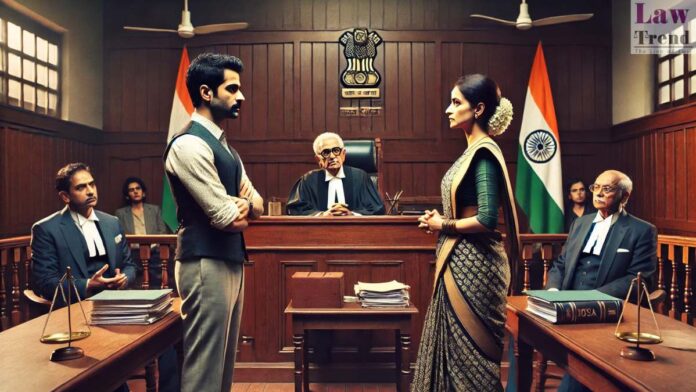The Allahabad High Court, Lucknow Bench, has ruled that an additional issue concerning a husband’s alleged adultery cannot be framed in a divorce proceeding initiated by him, especially when the wife has not filed a counter-claim for divorce on that ground. A division bench of Justice Rajesh Singh Chauhan and Justice Syed Qamar Hasan Rizvi
To Read More Please Subscribe to VIP Membership for Unlimited Access to All the Articles, Download Available Copies of Judgments/Order, Acess to Central/State Bare Acts, Advertisement Free Content, Access to More than 4000 Legal Drafts( Readymade Editable Formats of Suits, Petitions, Writs, Legal Notices, Divorce Petitions, 138 Notices, Bail Applications etc.) in Hindi and English.




